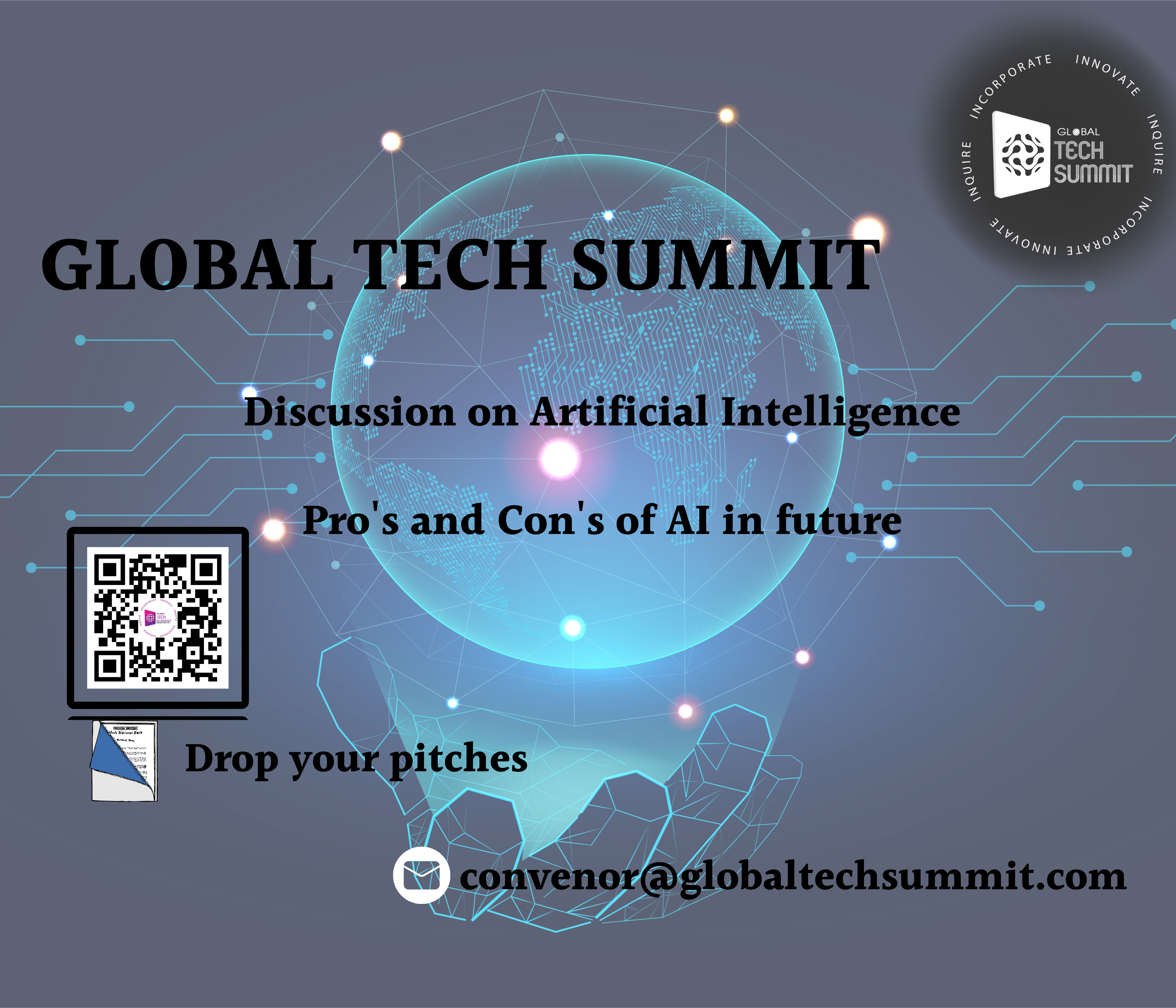
Artificial Intelligence (AI) has become a buzzword in recent years, with its potential to revolutionize industries and transform our daily lives. However, as with any new technology, there are both pros and cons to consider. In this blog, we will explore the advantages and disadvantages of AI, as well as its future implications.
Pros of AI
1. Efficiency: AI can automate repetitive tasks, allowing humans to focus on more complex and creative work. This can lead to increased productivity and efficiency in various industries, from manufacturing to healthcare.
2. Accuracy: AI can perform tasks with high precision and consistency, reducing the risk of errors and improving outcomes. For example, AI-powered medical diagnosis can help doctors identify diseases more accurately and quickly than traditional methods.
3. Personalization: AI can analyze large amounts of data to provide personalized recommendations and experiences. This can enhance customer satisfaction and loyalty, as well as improve marketing effectiveness.
4. Innovation: AI can enable new products and services that were previously impossible or impractical. For example, self-driving cars are only possible with advanced AI technology.
Cons of AI
1. Job Displacement: As AI automates tasks traditionally performed by humans, there is a risk of job displacement in certain industries. This can lead to unemployment and economic inequality if not managed properly.
2. Bias: AI algorithms can perpetuate and amplify biases present in the data they are trained on. This can lead to discrimination against certain groups and perpetuate social inequalities.
3. Privacy: AI can collect and analyze vast amounts of personal data, raising concerns about privacy and surveillance. This is particularly relevant in fields such as healthcare and finance, where sensitive information is involved.
4. Security: AI can be vulnerable to cyber attacks and hacking, which can have devastating consequences. As AI becomes more integrated into critical infrastructure, such as transportation and energy systems, security risks will become more significant.
The Future of AI
Despite the potential risks and challenges associated with AI, its future implications are vast and exciting. Here are some of the ways in which AI is expected to shape our future:
1. Healthcare: AI-powered medical diagnosis and treatment will become more common, leading to more accurate diagnoses and personalized treatments.
2. Transportation: Self-driving cars will become mainstream, reducing accidents and traffic congestion.
3. Education: AI-powered tutoring and personalized learning will become more prevalent, enhancing student engagement and outcomes.
4. Finance: AI-powered fraud detection and risk assessment will become more sophisticated, improving financial stability and security.
5. Environment: AI-powered climate modeling and prediction will help us better understand and mitigate the impacts of climate change.
6. Entertainment: AI-generated content, such as music and movies, will become more prevalent, leading to new forms of creativity and expression.
Whilst AI has the potential to bring about significant benefits, it also poses significant risks and challenges that must be addressed. As we continue to develop this technology, we must ensure that it is used ethically and responsibly to maximize its potential for good while minimizing its negative impacts.
Global Tech Summit
Posted on: Aug 01, 2023

